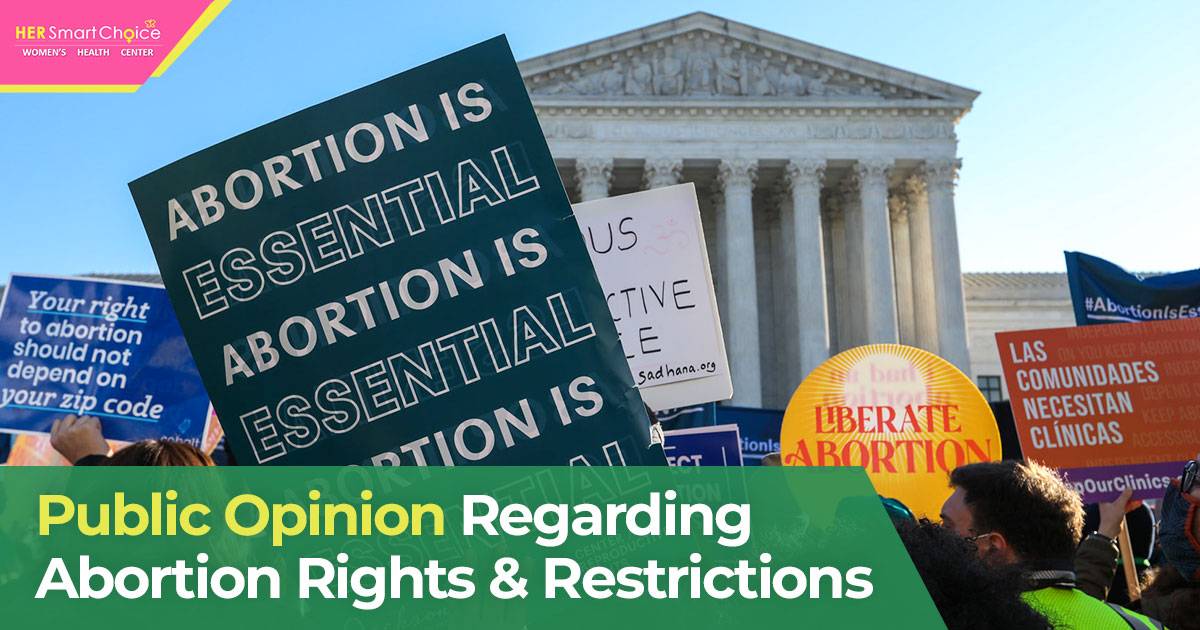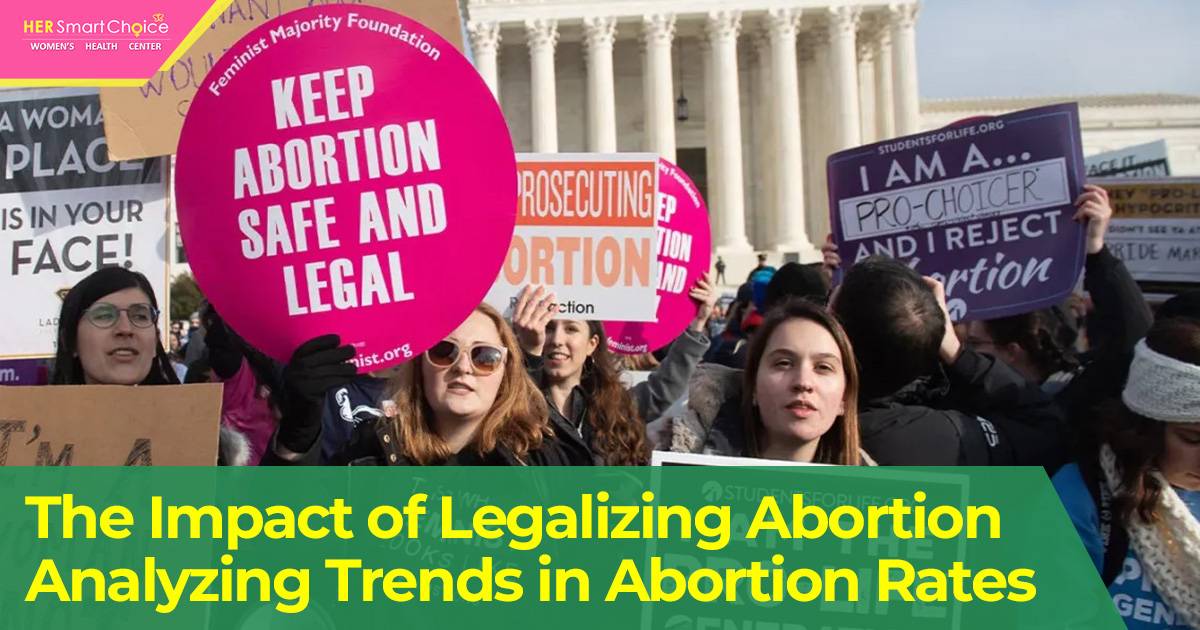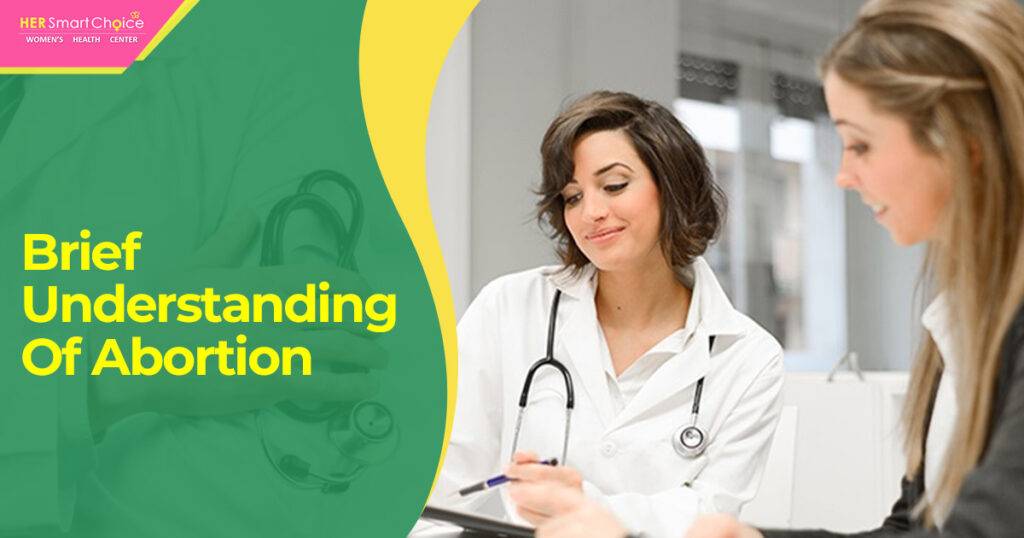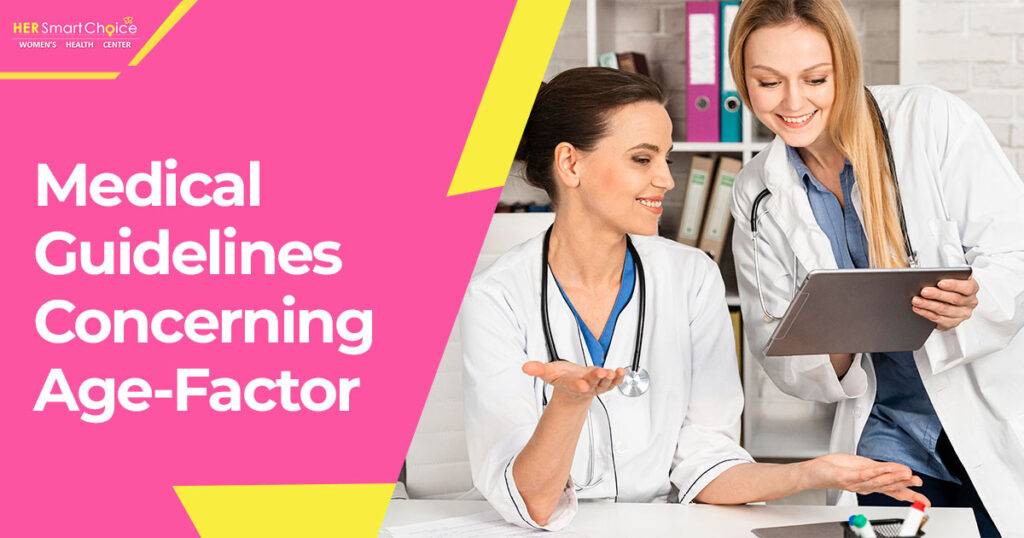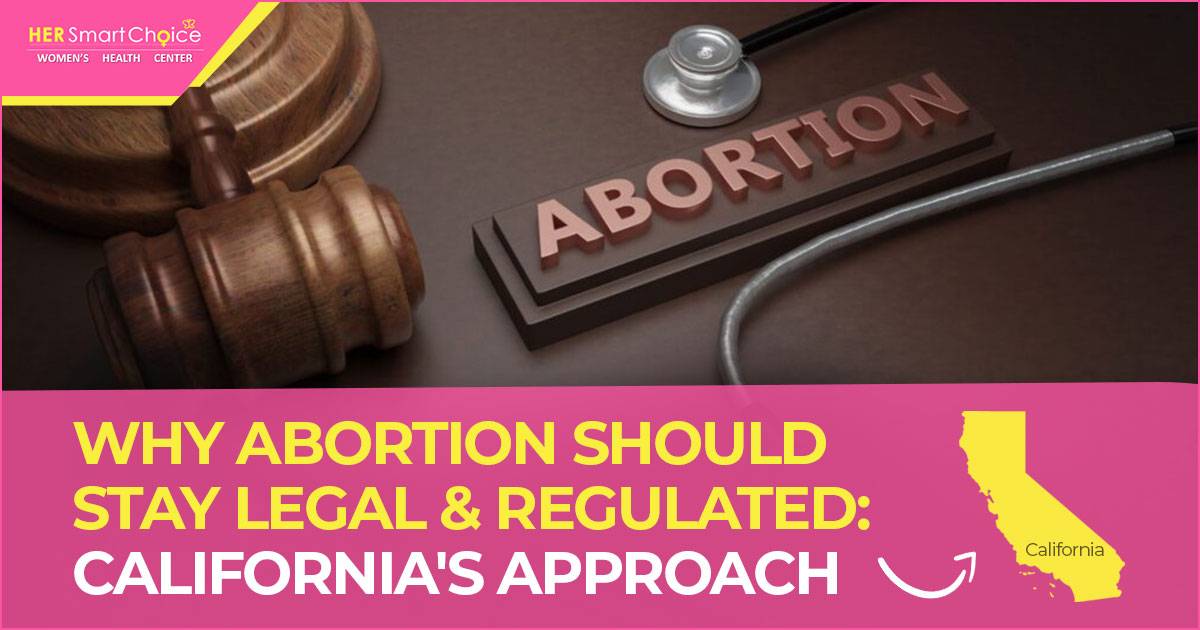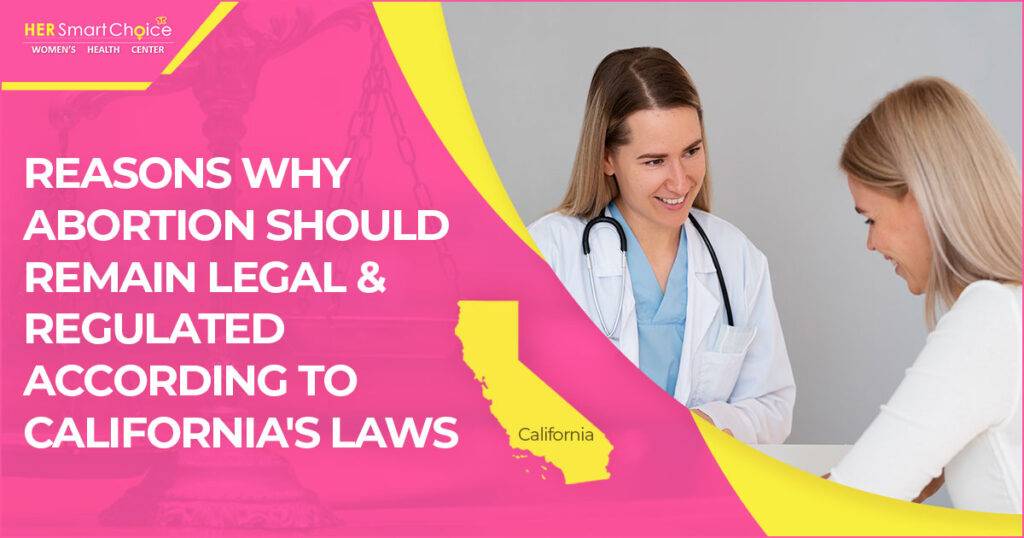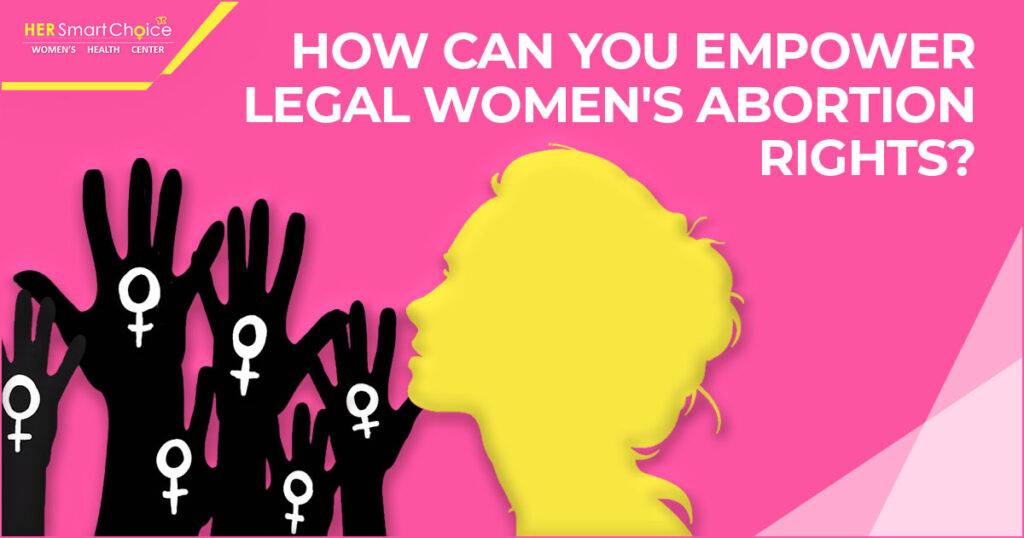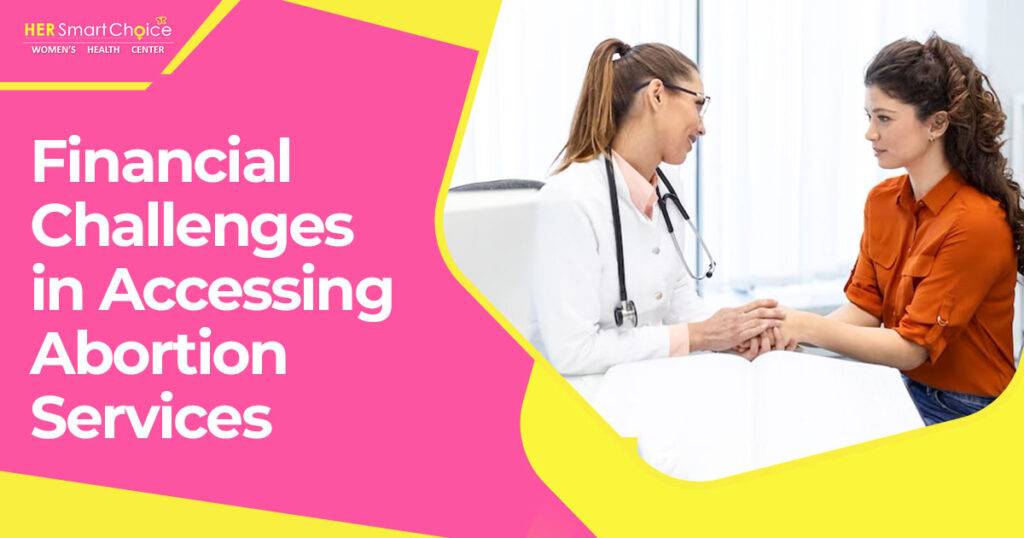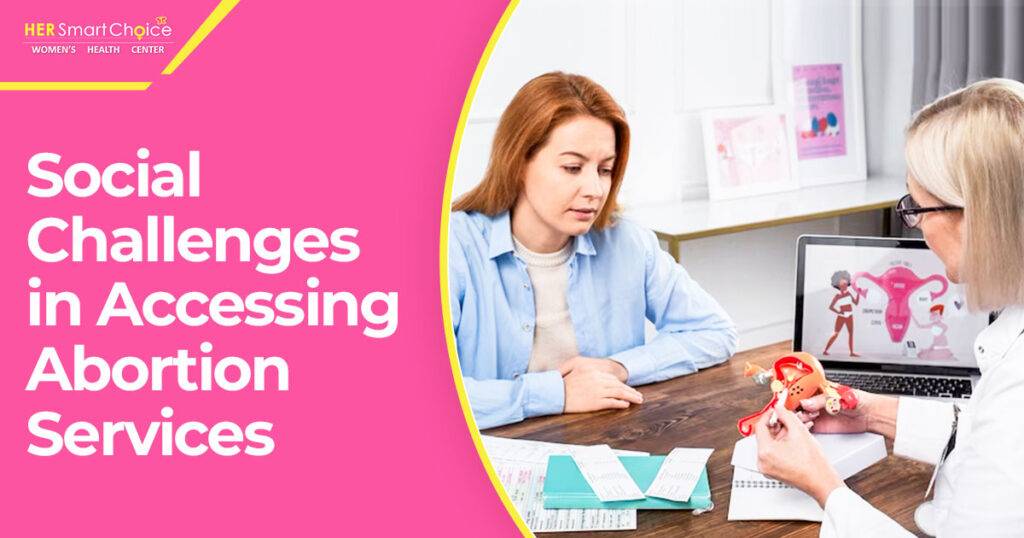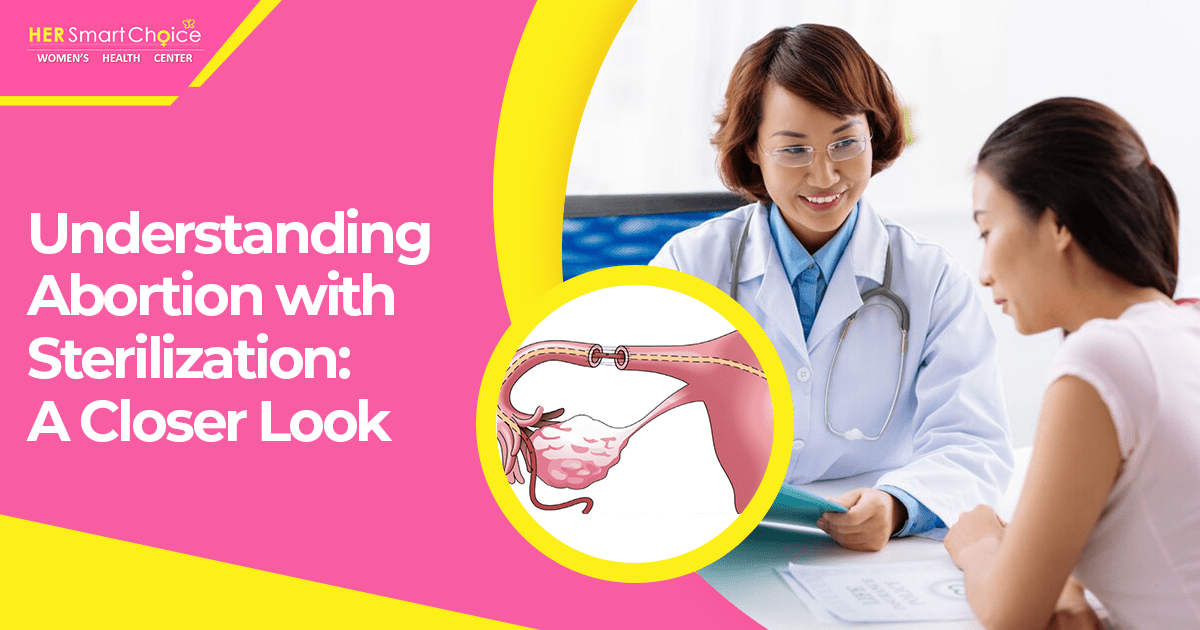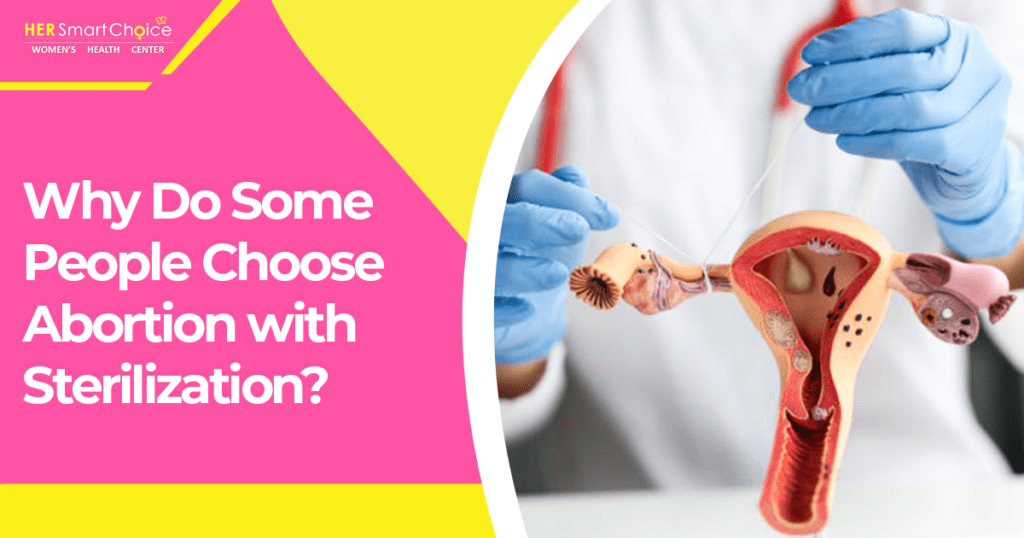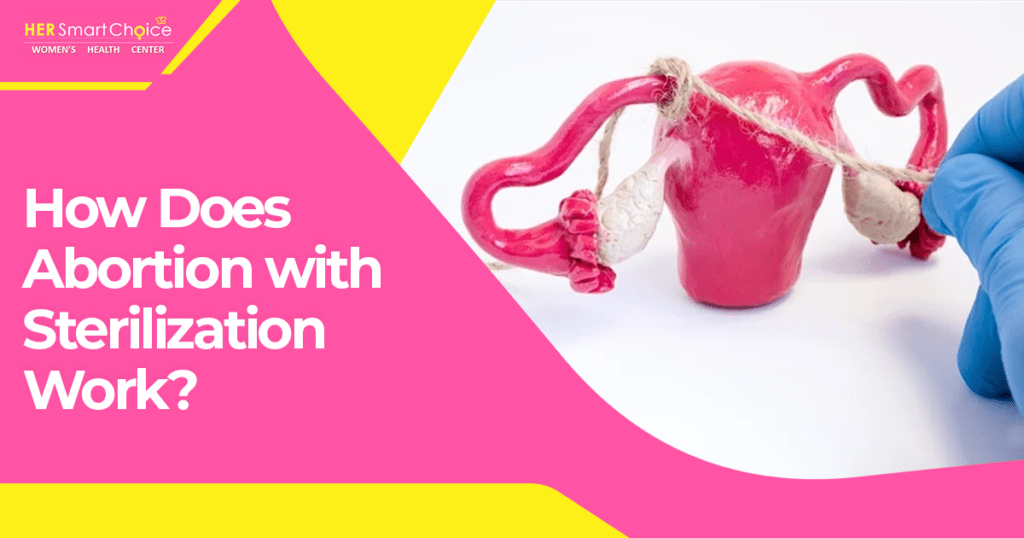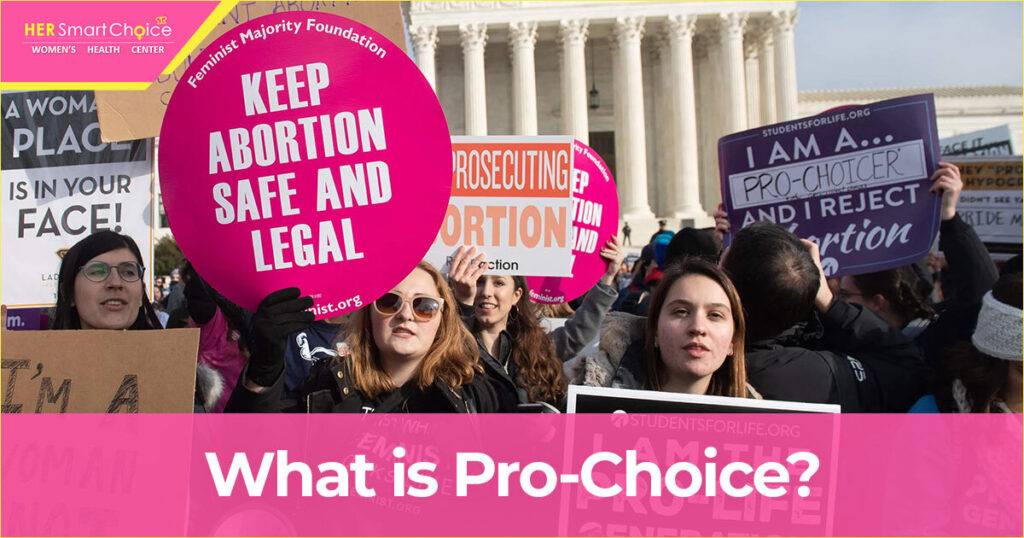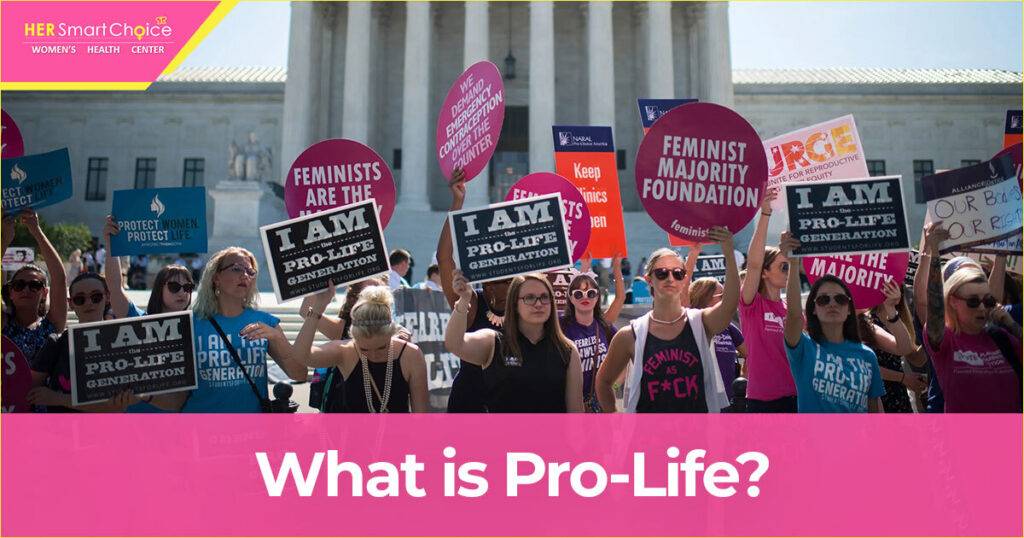Public Opinion Regarding Abortion Rights and Restrictions in California
Abortion is a topic that has long been debated in our society. It’s essential to understand the public opinion surrounding abortion rights and restrictions, especially in a place like California, known for its progressive stance on reproductive rights. Let’s delve into the opinions of the public regarding abortion rights and restrictions in California, as well as the current state of abortion laws in the state.
Understanding the Landscape of Abortion Laws in California
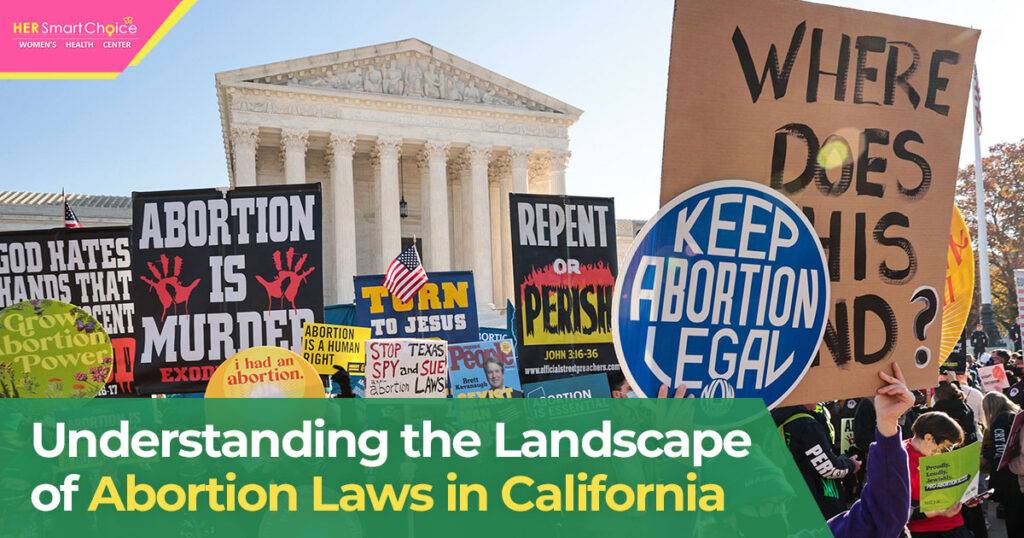
Before we dive into public opinion regarding abortion, let’s briefly look at the existing abortion laws in California. California has historically been a state that strongly supports abortion rights. The state’s laws prioritize a person’s right to make decisions about their reproductive health, and they protect access to abortion services. Here are some key points about California’s abortion laws:
No waiting periods: California does not have mandatory waiting periods, which means that a person seeking an abortion does not need to wait a specific number of days between counseling and the procedure.
No parental consent: In California, minors are allowed to obtain an abortion without the need for parental consent.
Public funding: Medi-Cal, California’s Medicaid program, covers abortion services for eligible individuals, making it more accessible to those with limited financial means.
Protection against harassment: The state has laws in place to protect individuals accessing abortion services from harassment and intimidation outside abortion clinics in California.
Public Opinion on Abortion Rights
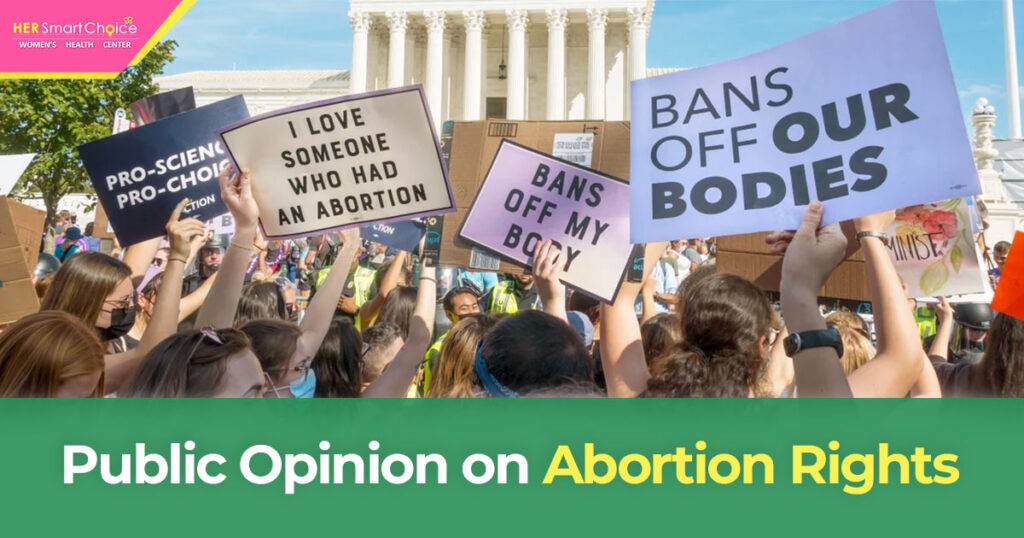
Public opinion regarding abortion rights in California reflects the state’s progressive approach to reproductive health. Here are some key points that highlight public sentiment:
Strong support for choice: Polls consistently show that a majority of Californians support a person’s right to choose whether to have an abortion. This support spans various demographics and political affiliations.
Privacy and autonomy: Many Californians believe in the importance of privacy and autonomy in reproductive decision-making. They argue that the government should not interfere in personal decisions regarding abortion.
Access to healthcare: Advocates for abortion rights in California emphasize the importance of maintaining access to safe and legal abortion services. They argue that restrictions on abortion could disproportionately affect marginalized communities.
Comprehensive sex education: There is also a call for comprehensive sex education in schools to empower individuals with the knowledge and tools to make informed decisions about their reproductive health.
Public Opinion on Abortion Restrictions
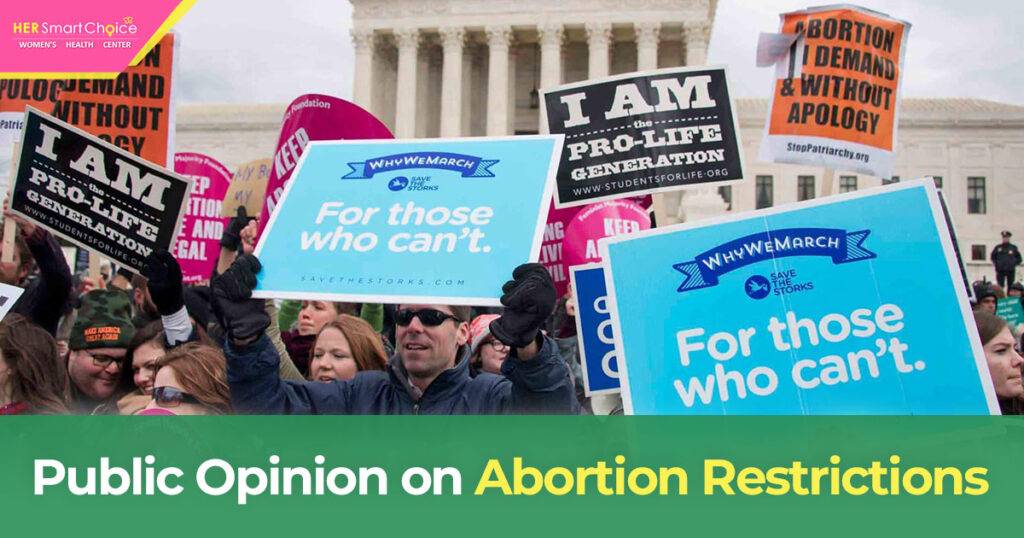
While California leans toward supporting abortion rights, there are still individuals and groups within the state who advocate for more restrictive abortion laws. Here are some points that reflect their opinions:
Pro-life advocates: There are pro-life groups in California that believe abortion should be restricted or banned altogether. They argue that life begins at conception and should be protected by law.
Moral and religious beliefs: Some Californians oppose abortion due to their moral or religious beliefs, viewing it as a violation of their principles.
Fetal viability: Some individuals argue that restrictions on abortion should be based on fetal viability, believing that abortions should not be allowed after a certain gestational age.
Parental involvement: Advocates for parental notification or consent laws argue that parents should be informed or give consent before a minor can have an abortion.
Navigating the Complex Landscape
The debate over abortion rights and restrictions is a complex and emotional one, and it’s unlikely to be resolved easily. While California has a more liberal stance on abortion compared to many other states, the conversation continues at both the state and national levels.
It’s essential for individuals to stay informed about the changing landscape of abortion laws and to engage in civil discourse on the topic. Advocates on both sides of the debate often engage in campaigns, legal battles, and grassroots efforts to influence policy and public opinion.
Conclusion
Public opinion on abortion rights and restrictions in California is diverse, reflecting a wide range of beliefs and values. The state’s current laws prioritize a person’s right to make decisions about their reproductive health, but there are still those who advocate for more restrictive policies.
As the conversation around abortion continues, it’s essential for Californians to stay informed about the state’s laws and engage in respectful dialogue to better understand the perspectives of others. Ultimately, the future of abortion rights and restrictions in California and beyond will depend on the ongoing efforts and advocacy of individuals and organizations on both sides of the debate.

